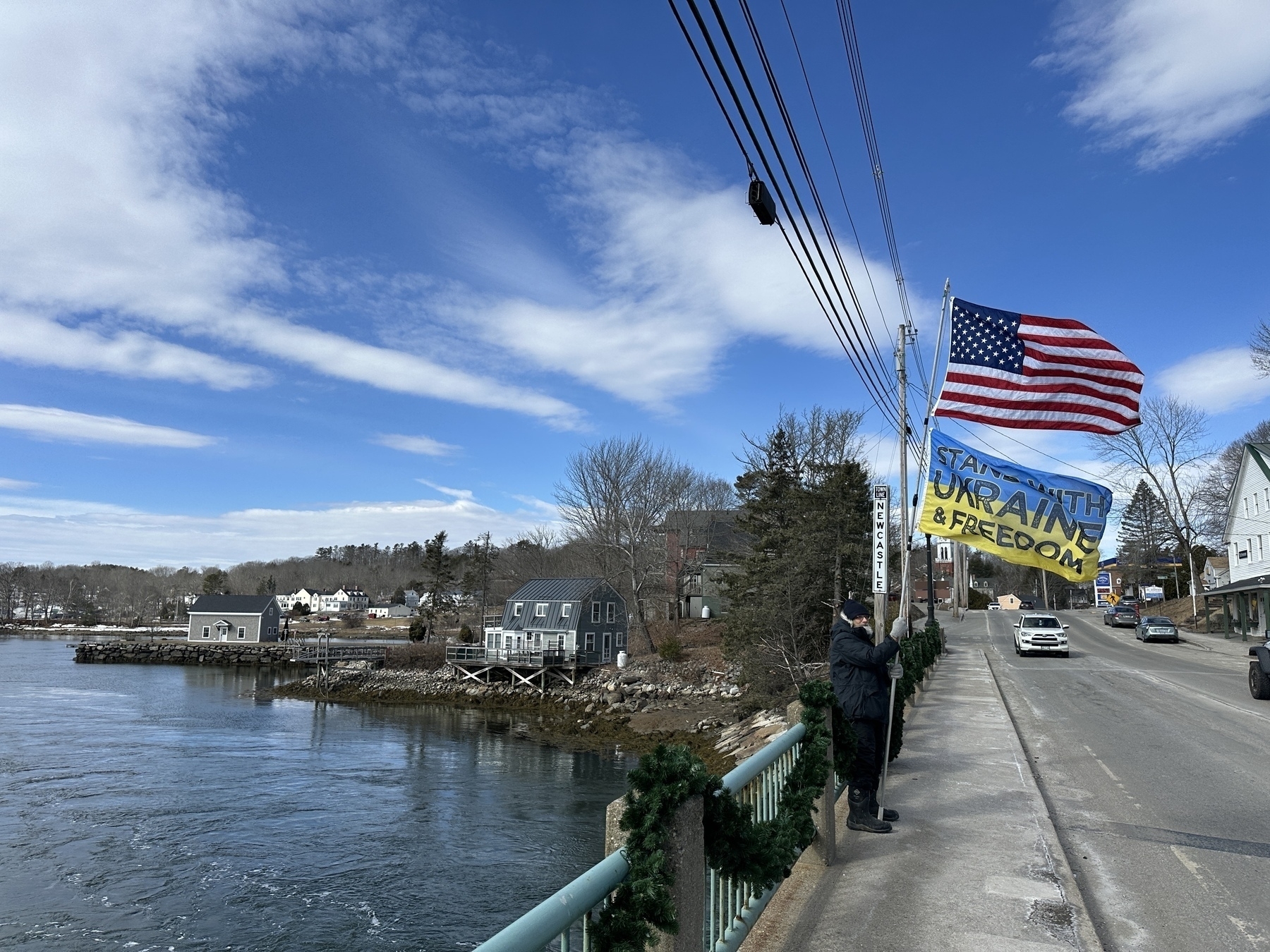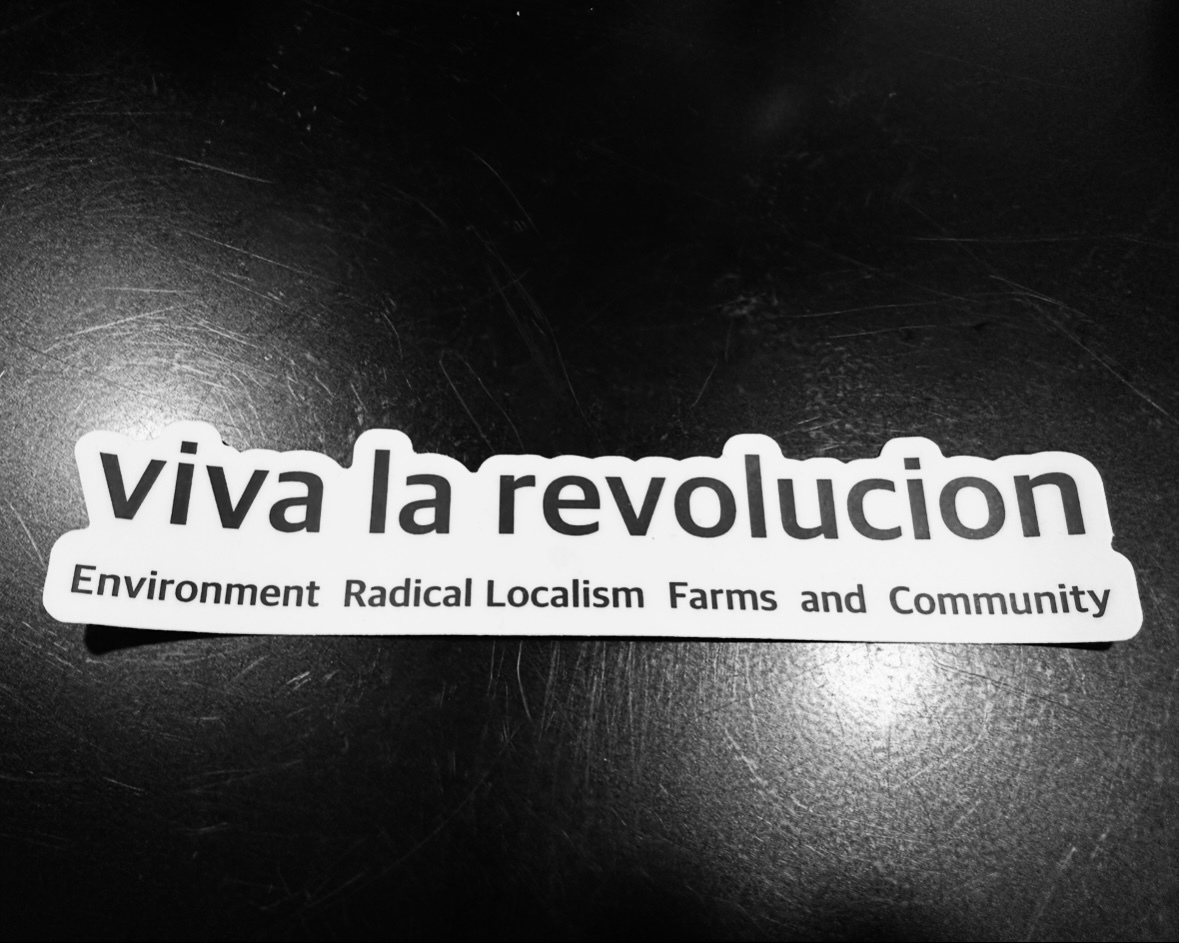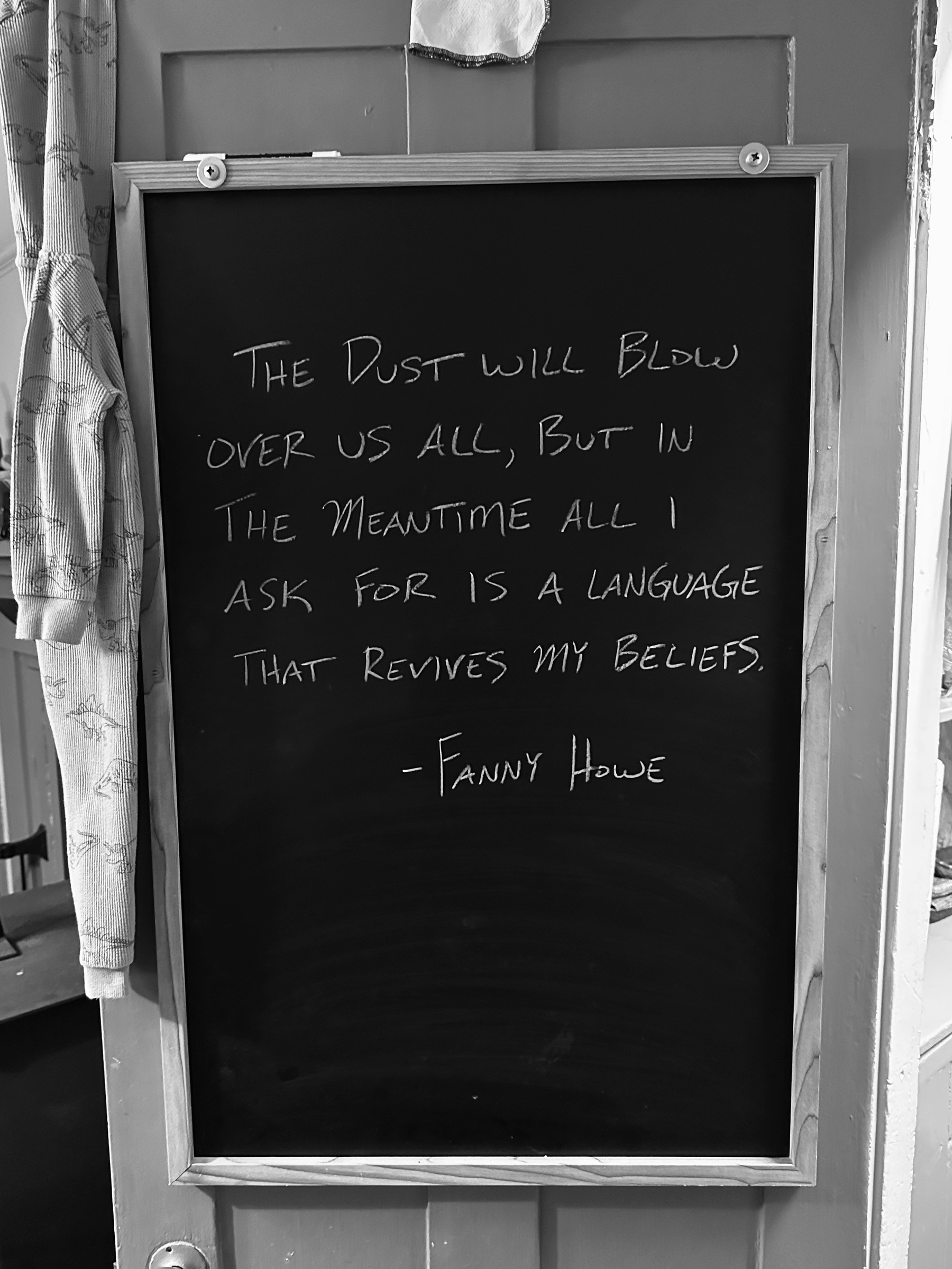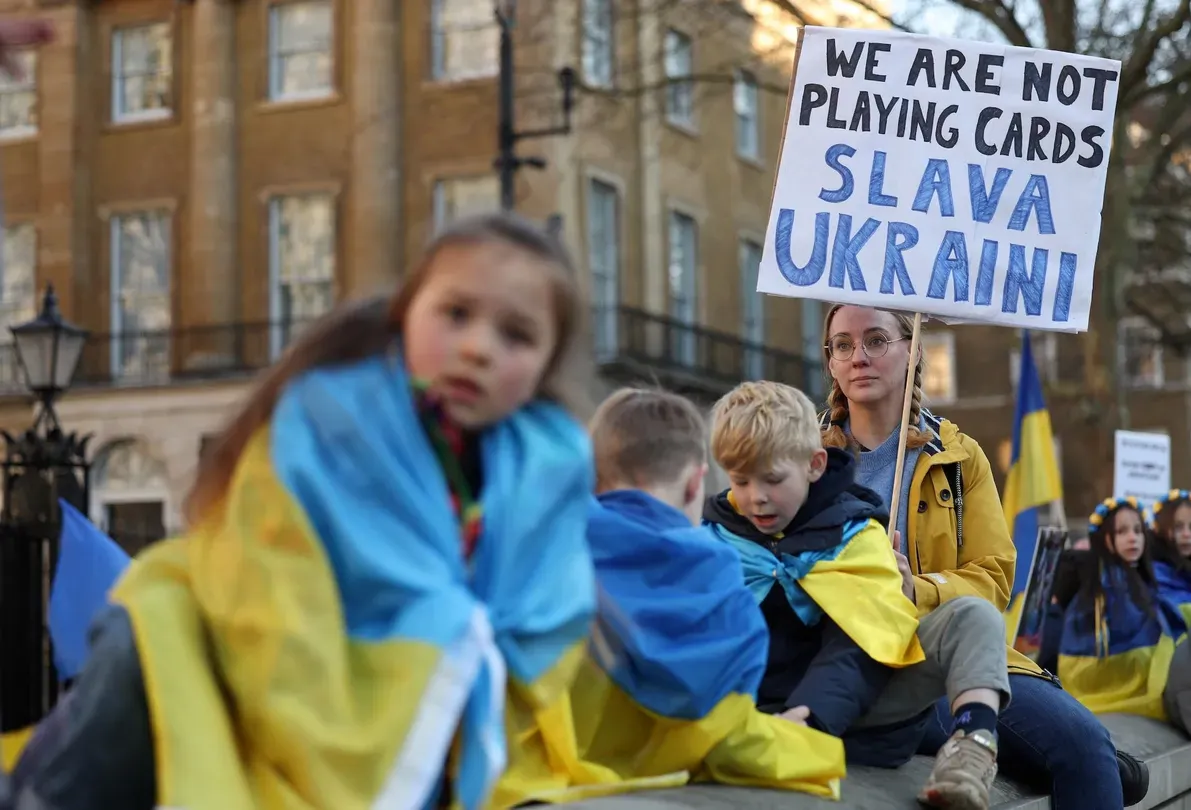Dietrich Bonhoeffer on stupidity… and contempt for humanity.
Sometimes, love squishes.

In short, the stockholders are the most ill-informed, irresponsible, uncommitted, and unnecessary of all the parties involved with the firm. Yet, in the United States, the United Kingdom, and many other countries, they alone are entitled to select directors, who (it is widely argued) are to cater to them alone—or, rather, to their pecuniary interests alone—over the well-being of workers, customers, the community, the environment, or even the long-term well-being of the company itself.
Been wanting to say hello to this guy for a couple weeks now. His name is David, and he’s been spending a lot of time on the Damariscotta bridge lately. He recommends folks use 5calls.org for contacting their local representatives. (I can’t recommend the scripts they offer for phone calls, or the tailored approach to issues in general, but as a resource it seems okay.)

It requires more than a little chutzpah for a defender of the Trump approach to Ukraine to deplore pagan vanity.
Gilbert Meilaender once again proves to be one of the few (occasional) writers left at First Things worth reading. Though I think he’s off on where exactly things “ran aground” in the Oval Office — the question was not “What would it mean for Ukraine to succeed?” but more directly “What is the security guarantee in this diplomacy deal and how does it differ from the useless ones given to Ukrainians before? — Meilaender gets the rest exactly right.
He quotes Michael Walzer:
“Our common values are confirmed and enhanced by the struggle, whereas appeasement, even when it is the better part of wisdom, diminishes those values and leaves us all impoverished.” That, I think, is the crucial point. Suppose for a moment that the Trump administration is right that continued Ukrainian resistance is a mistake and that an end to Ukrainian resistance is “the better part of wisdom.” Grant all that for a moment and ask what is missing. What is missing is any sense that pressing the Ukrainian people to give up their struggle “diminishes” our values and leaves us “impoverished.” To be sure, pagan vanity would be bad. But this sort of impoverishment, which thinks of the world solely in terms of power and deals between great powers, is worse.
(Also a reminder that Walzer’s Just and Unjust Wars has been on my to-read list for some time (probably because Meilaender has recommended it before) as well as Walzer’s latest, The Struggle for a Decent Politics.)

Kitchen Chalk Talk

